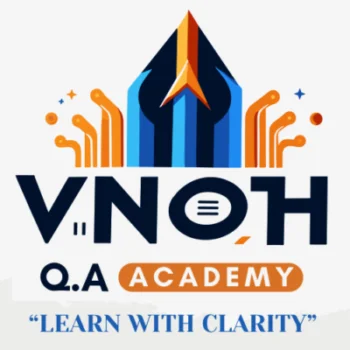What is Java JDK, JRE and JVM ?
Java is a robust programming language, and understanding its core components is crucial for developers. The three main components that make up the Java platform are the Java Development Kit (JDK), Java Runtime Environment (JRE), and Java Virtual Machine (JVM). Here’s a detailed explanation of each:
Java Development Kit (JDK) #
Definition: The JDK is a software development environment used for developing Java applications and applets. It provides all the tools and libraries necessary to compile, debug, and execute Java applications.
Components:
- Java Compiler (javac): Converts Java source code into bytecode.
- Java Runtime Environment (JRE): Included within the JDK to run Java programs.
- Java Debugger (jdb): Helps in debugging Java programs.
- Archiver (jar): Packages related class libraries into a single JAR file.
- Documentation Generator (javadoc): Generates HTML documentation from Java source code comments.
- Other Tools: Such as javap for class file disassembler, javafxpackager for JavaFX packaging, and more.
Use Case: The JDK is used by developers to write, compile, and debug Java applications. Without the JDK, you cannot create Java applications.
Java Runtime Environment (JRE) #
Definition: The JRE provides the libraries, Java Virtual Machine (JVM), and other components to run applications written in Java. It does not include tools for developing Java applications like compilers or debuggers.
Components:
- Java Virtual Machine (JVM): Executes Java bytecode.
- Class Libraries: Essential libraries that provide basic functionalities needed by Java applications.
- Supporting Files: Configuration and property files.
Use Case: The JRE is used to run Java applications. It is suitable for users who need to run Java programs but do not need to develop them.
Java Virtual Machine (JVM) #
Definition: The JVM is a part of the JRE. It is the engine that provides a runtime environment to execute Java bytecode. The JVM is platform-independent and is responsible for converting bytecode into machine-specific code.
Components:
- Class Loader: Loads class files into the JVM.
- Bytecode Verifier: Checks the code fragments for illegal code that can violate access rights.
- Interpreter: Converts bytecode into native machine code.
- JIT Compiler: (Just-In-Time Compiler) Compiles bytecode into native code for better performance.
- Garbage Collector: Manages memory by removing unused objects.
Use Case: The JVM is used to run Java programs, making them platform-independent. It allows the same Java bytecode to run on any platform that has a compatible JVM.
Relationship Between JDK, JRE, and JVM #
- JDK: The JDK includes both the JRE and the development tools necessary for creating Java programs.
- JRE: The JRE includes the JVM and the libraries required to run Java applications.
- JVM: The JVM is the core part of the JRE that actually executes Java bytecode.
Diagram
+—————————-+
| JDK |
| |
| +————————+ |
| | JRE | |
| | | |
| | +——————–+ | |
| | | JVM | | |
| | | | | |
| | | – Class Loader | | |
| | | – Bytecode Verifier| | |
| | | – Interpreter | | |
| | | – JIT Compiler | | |
| | | – Garbage Collector| | |
| | +——————–+ | |
| | | |
| | – Class Libraries | |
| | – Supporting Files | |
| +————————+ |
| |
| – Compiler (`javac`) |
| – Debugger (`jdb`) |
| – Archiver (`jar`) |
| – Documentation Generator |
| – Other Development Tools |
+—————————-+
Summary #
- JDK (Java Development Kit): A full development environment that includes the JRE and tools for developing, debugging, and monitoring Java applications.
- JRE (Java Runtime Environment): Provides the necessary environment for running Java applications, including the JVM and class libraries.
- JVM (Java Virtual Machine): The engine within the JRE that executes Java bytecode and provides platform independence.
Understanding these components helps in setting up the correct environment for Java development and ensures the efficient execution of Java applications.



